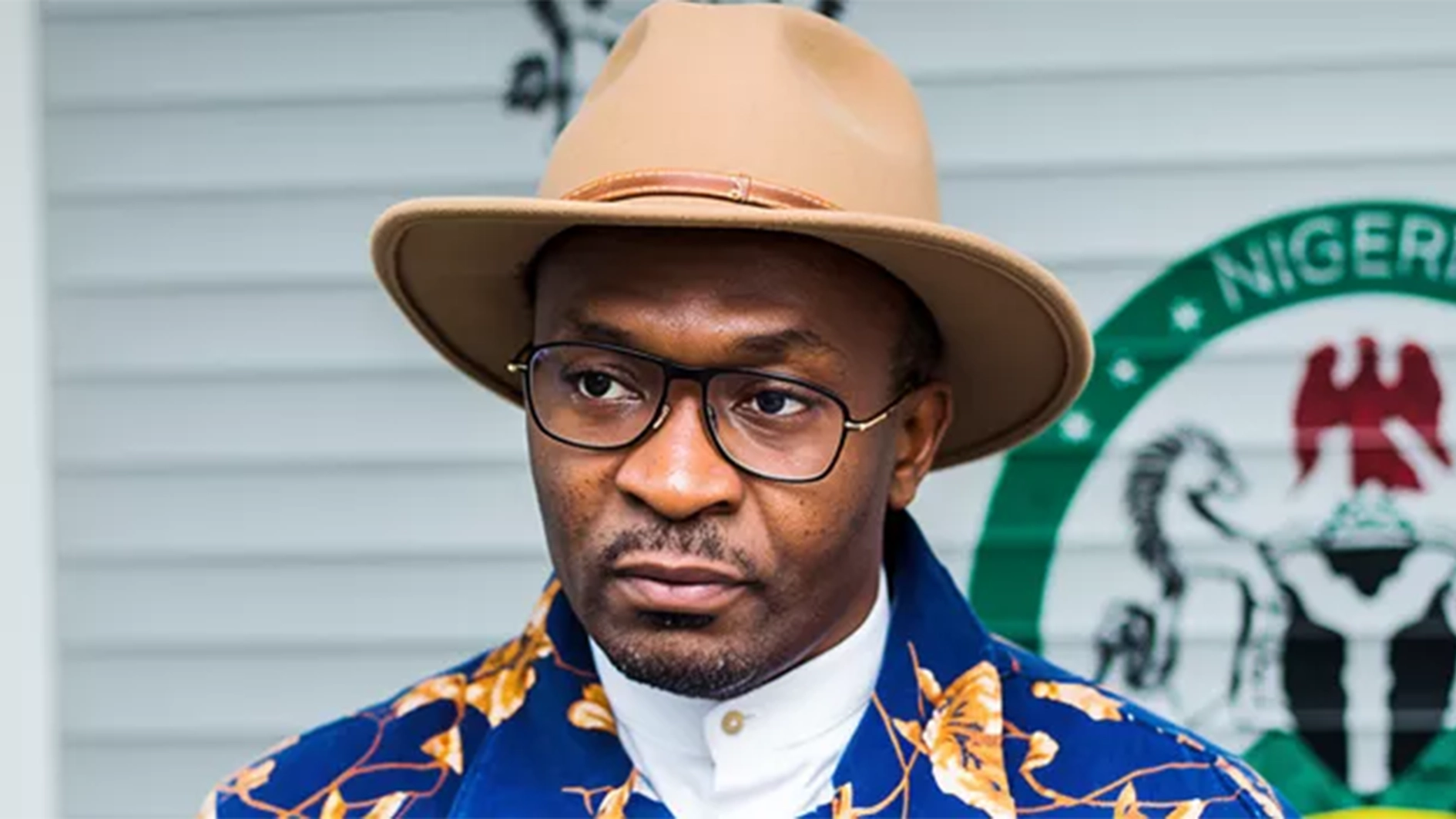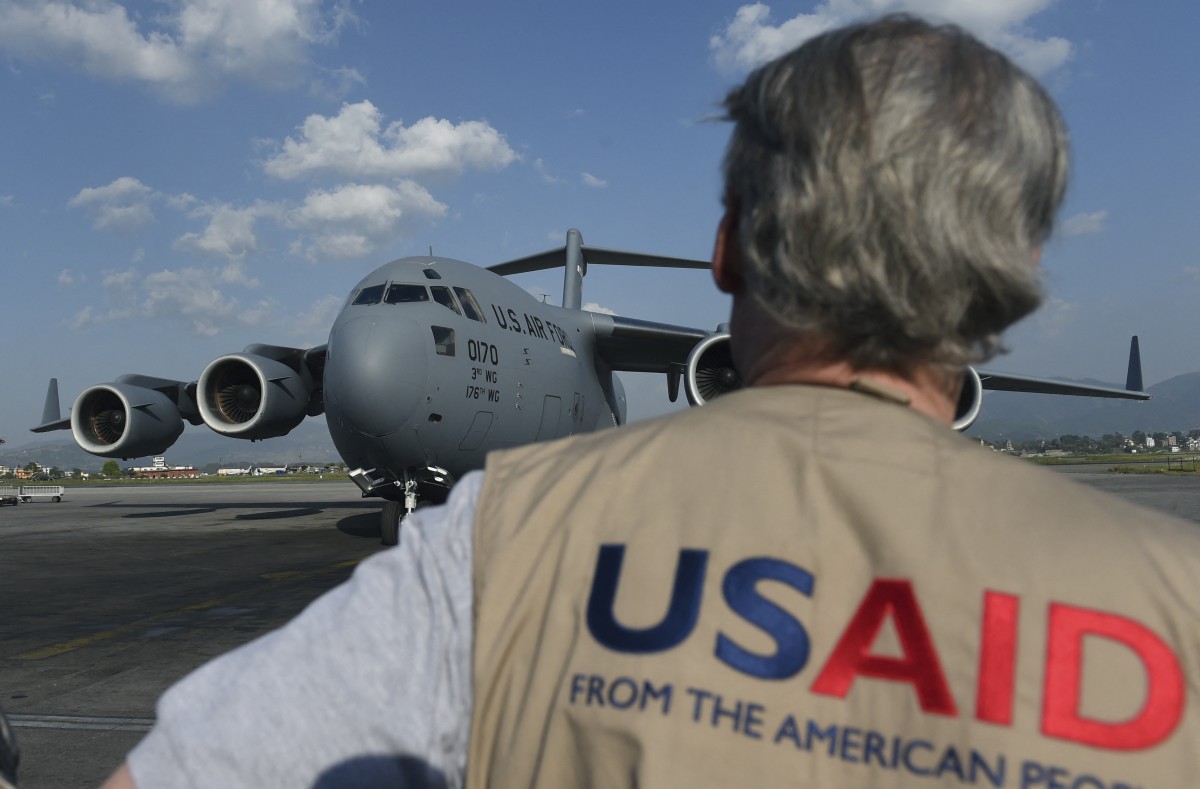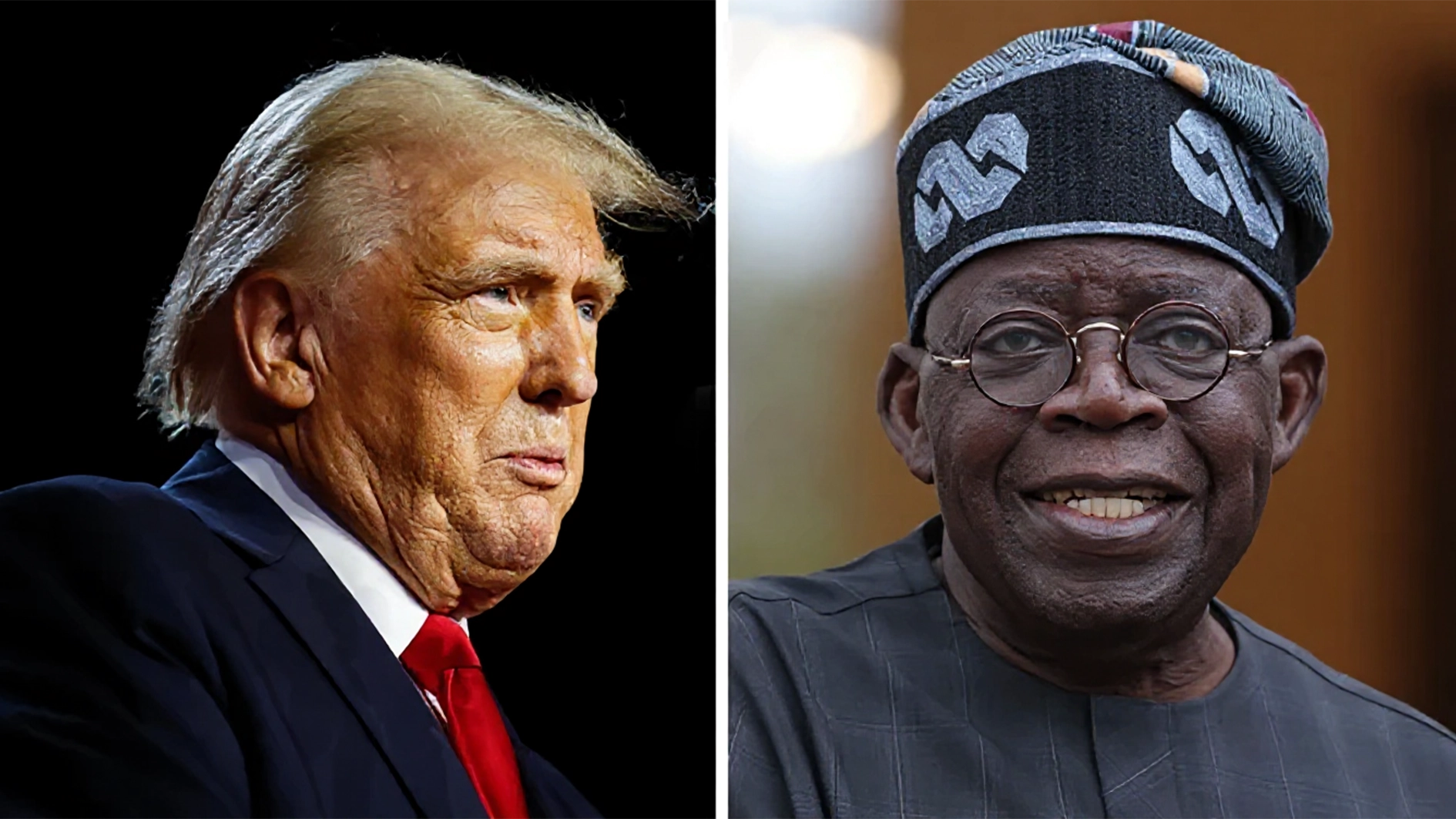
• Protest By Ex-soldiers Misdirected, Finance Ministry Insists.
• Nigerian Legion Disowns Protesters
• Police Officer Recounts Ordeal Fighting Insurgency
• Pension Board Silent
In and out of service, succour appears far from some serving and retired soldiers and policemen, as their welfare, entitlements and supply of needed equipment and ammunition to do their jobs lingers.
Last week’s protest by ex-soldiers at the Federal Ministry of Finance in Abuja and reported abandonment or desertion from duty, as well as resignations for sundry reasons, could be an indication that Nigeria might be quietly creeping back to its worst military pension administration, which culminated in a major crisis between 2000 and 2004 before it was sanitised by the former President Olusegun Obasanjo administration.
This was courtesy of the Pension Reform Act, which set up the National Pension Commission (PenCom) to manage both public and private sector workers’ pensions. This is to avoid the ugly reoccurrence where particularly stranded and retired soldiers strewn all over major capital cities begging for survival, while waiting to be verified and attended to.
In Abuja particularly, some of the former soldiers became a serious nuisance, robbing and attacking innocent people of their valuables, including kidnapping. This continued until after the sanitisation, which now vests the pension administration of all soldiers and officers under the Military Pension Board.
For those in service, the northeast has become a nightmare, having to fight better-armed and equipped terrorists with inadequate or less-sophisticated weapons.
But the Permanent Secretary in the Ministry of Finance, Mr. Aliyu Ahmed, in a chat with The Guardian, expressed shock at the pensioners protest at the ministry vicinity, saying it no longer has any responsibility over the former soldiers.
“That protest by the ex-service men here at our vicinity was rather unfortunate, because we no longer handle their pension matters; it is the Military Pension Board that does now.
“So when they were here, I told them their protest here was misdirected and that they should go to the right agency, which is the Military Pensions Board. They actually apologised to me and left our premises,” Ahmed clarified.
One of the retirees, now a journalist with a national daily, Ahmed Bature, described the action of the former soldiers as a just action, but was silent on why they took the protest to a wrong establishment.
“The plan by members of ex-service men and Families Welfare Association for a Peaceful Protest on January 13 underscores the bitterness, concern and grievance within the veterans’ community and abandonment of their welfare by the powers-that-be.
“I fully support the protest mainly because it is about issues I have raised myself. I also fully support fixing the date outside Remembrance Day. The protest is a prelude to more persistent and coordinated protests to follow, starting from next month,” Bature revealed.
On January 13, leader of the ex- service men, Mr. Anthony Agbas, listed payment of Minimum Wage Consequential Adjustment and its arrears with effect from April 2019; payment of Security Debarment Allowance (SDA) to all retirees and not only to those who retired from November 2017, as is currently being implemented, as some of their grievances.
“The money is not unreasonable for each retiree and certainly not too big for the Federal Government to underwrite; immediate stoppage and reversal of deductions made on the pay of some medically-discharged veterans; implementation of the New Armed Forces Salary Structure this year, with its accrued arrears, as well as realistic National Health Insurance Scheme (NHIS) to assist and alleviate burdens and pains of medically boarded veterans in particular and veterans in general are reasons for the protest.”
Agbas lamented that over 97, 000 retired soldiers who were supposed to benefit from the Security Department Allowance (SDA) had been excluded.
But the protest has been disowned by some of their colleagues, especially those in Abuja, as well as the Nigerian Legion. The umbrella body for retired military personnel said it was not involved in the protest.
Its Director of Corporate Affairs, Morenike Grace Henry, said those involved were not members of the Legion, saying the new leadership of the Nigerian Legion has taken up the matter and has been interfacing with concerned government agencies, adding that the protest may have been triggered by impatience or lack of trust for government.
When contacted, Public Relations Officer of Military Pension Board, Flt-Lt O. Lawal, noted that the Board had earlier held an emergency meeting with ex-soldiers and veterans on the visit to the National Wages and Salaries Commission on the issues of debarment allowance and salary increment allowance.
He explained that the main purpose of the meeting was to clarify misconceptions generated on the payment of pensions to medically boarded pensioners in November last year and to address other welfare concerns of military veterans.
According to a communiqué released publicly at the end of the meeting: “The action of the leadership of the Coalition of Concerned Veterans that publicly disassociated themselves and their organisations from the planned protest by some misguided military retirees on December 7 was generally commended. All other veteran bodies were encouraged to emulate this patriotic gesture from the leadership of the CCV.
“The readjustment of pensions of medically boarded pensioners in November last year was to place every medically boarded pensioner on their correct monthly entitlement, as dictated by the Armed Forces Act and the Gross Consolidated Armed Forces Chart for Payment of Gratuity and Pensions.
“Reps of military veteran bodies were advised to enlighten their medically boarded members affected by the November last year’s pensions readjustment that they are not being short-paid in any way.
“The MPB would speed up action on getting an updated gratuity and pensions payment chart, incorporating the new minimum wage from the National Salaries Income and Wages Commission (NSIWC) to enable military pensioners benefit from the recently approved Federal Government minimum wage policy.
“The electronic verification exercise of military pensioners in Nigeria and the Diaspora is proposed to be conducted simultaneously in the second quarter of 2021, subject to approval from the DHQ and the MOD.”
The communiqué added: “The leadership of military veteran associations were encouraged to educate their members on the use of dialogue in resolving all forms of grievances or complaints and to avoid embarking on protests, so as not to portray the military and government in bad light.
“The leadership of military veteran groups were advised to admonish their members to maintain decorum on the social media and not employ it as a tool for character assassination of other veterans or groups.”
“The leadership of military veteran associations are to encourage their members who have genuine claims of short payment or any other welfare matter to forward an application attaching all relevant documents to the Board for necessary action.”
It added: “The MPB would ensure that all military pensioners and NOKs of deceased personnel get their rightful entitlements as at when due, once funds are made available by government.
“The leadership of military veteran bodies are encouraged to advise their members to be patient and give the HMOD time to take appropriate decisions on the Security and Debarment Allowance Committee report recently submitted to him.”
Even while in service, welfare remains a major issue for soldiers and policemen. A policeman attached to the Police Mobile Force (PMF) 20 in Lagos, who recently called it quit with the Force, recounted his bitter experience fighting insurgency in Damboa, Borno State, where they were posted on December 9, 2019.
“After a few months, on March 4, 2020, the insurgents visited us at Damboa and we used up our ammunition. About six of the PMF men who were posted there lost their lives that very day.
“Our unit commander wrote a letter to Maiduguri for the replacement of our ammunition, but the then commissioner of Police told him that he was not under him and should direct the letter to Abuja or Mopol 20 in Lagos.
“He put a call across to the Mopol 20 and they told him that very soon, they would come and do the changes, instead of them sending ammunition down. He informed every member of the unit and we accepted.
“After a few months, there was another attack and we finally used up all the remaining ammunition. By then, the unit commander said he was promoted to the next rank as Superintendent of Police (SP). He did not inform us that he was transferred to another Command; he only told the second-in-command that he wanted to go on casual leave, which he wrote down, dropped on his bed in his room and left.
“We waited, but did not see him. The second-in-command said no matter what happened to us after this, the authorities would not take it lightly with him. We sat down to look at our situation. We had spent 11 months already without ammunition, what if another attack came, are we going to use sticks?
“Later on, the authority sent a letter to the second-in-command to lead everyone to the newly formed Squadron at 74 PMF, Damboa. He did not tell us about that signal or inform us. Later, Boko Haram threatened to attack again. So, we concluded that if they could not replace our ammunition, we should go back to where we assigned our ammunition and rifle and tell them our feelings.
“We chartered a vehicle, which cost us over N80, 000 down to Lagos. We left 15 people behind and were 46 that left for Lagos. We arrived in Lagos and the commander lectured us that the authorities hadn’t instructed him to collect our rifles from us. We told him that we came because we had no ammunition to fight the insurgency.
“But the commander we met on ground is not the same we have been talking with over the phone. The ACP (Assistant Commissioner of Police) that we knew was promoted to Deputy Commissioner of Police (DCP) and he was transferred. The one we met on ground said he didn’t have the right to collect our rifles, except he had clearance from authority from the Force Headquarters in Abuja.
“So, we camped at the Mopol 20 base for two weeks. Afterwards, the commander sent the Provost to us, saying the second-in-command there wanted to lecture us. The second-in-command told us that the Commander in Abuja told him to collect our rifles, while awaiting further directives from Abuja.
“Four days after we submitted the rifles, the second-in-command called for us through the Provost and administration officer and told us that there was a letter from the Inspector General of Police (IGP) that we should come for an interview in a Force Headquarters at Abuja.
“On getting to Abuja from Lagos, the Mopol gave an order that we should all be detained. We were detained for two weeks in a cell in Abuja. Nobody fed us; we suffered a lot in the cell. After the detention, we came out and they said a panel had been constituted to try us.
“During the panel hearing, we were asked if we were guilty, but we said we were not. After the trial, the officer carrying out the trial said he had recommended the reduction of rank and remobilisation from PMF Damboa back to the conventional police and that another panel would be set up to review the orderly room, which was going to pass another judgment.
“They took us back to Force Headquarters and we stayed on the ground at the front of Interpol office. We bathed, slept and ate there. Our families had been sending monies to us for us to feed. We suffered a lot.
“Before the two weeks elapsed, we saw the remaining 15 officers we left in Damboa arrive at the Force Headquarters again. Nobody detained them; they only asked them to join us, saying we had committed the same offence together.
“They accused us of refusing to document at the newly formed Squadron in Damboa, which nobody told us about, and that we were absent on duty, during the same time we slept at the Mopol 20 base on arrival in Lagos.
“Meanwhile, we didn’t know how we were actually absenting ourselves from duty. We told them that we were not guilty of those offences. The officers who tried us had been given a target by the authorities to either dismiss us or reduce our ranks and we had no power to change anything because we were their subordinates.
“We slept at the Interpol office on ground. We were there for another two weeks, making it one month we slept there until our new posting from the IGP came out and it showed that we were posted back to the northeast, with our ranks reduced. They submitted the posting to us. It was given to our second-in-command. We told him that we would accept our fate in good faith.
“Suddenly, someone came down from upstairs of the building and requested for the posting that was given to us. Before we gave it to them, we snapped it. Unfortunately, another one was brought back. In this new letter, the other 15 people that came from Damboa were not included among those to suffer the reduced ranks. The rest of us were included.
“Then, we suspected foul play, because they had passed the same judgment to all of us. Was it the IGP that signed two signatures at the same time? Some of us have filed an entry not to go to Maiduguri. We don’t know the plan that the authorities have for us. Perhaps when we reach there, they would send us back to Damboa as conventional policemen. Whatever made them re-post us to Maiduguri can still make them do the same.
“At the same time, most of us left families and wives for good 11 months. Some of us couldn’t witness our children’s births or funerals of relatives. The authorities are not looking at that side, all they are concerned with is for us to do the job or they remove our ranks.
“We are begging them to return our ranks to us before the IGP leaves office by the end of this month.”Recall that a former commander of Operation Lafiya Dole, the counter-terrorism command in the northeast, Maj.-Gen. Olusegun Adeniyi, was court-martialled for appearing in a viral video clip in March last year complaining about poor equipment after an attack by Boko Haram terrorists left dozens of soldiers under his command dead.
Adeniyi was relieved of his duties, ordered demoted by at least three years and among 886 officers/troops later moved to Army Headquarters to face a court-martial and was found guilty of violating some sections of the policy on the use of social media for personnel of the armed forces in a policy released on June 11, 2018 on the directives of the Chief of Defence Staff, Gen. Gabriel Olonishakin, which in Section 15 (g) forbids personnel from “posting any video, audio, materials pictures during exercises/operations.”
The Nigerian Army, last year, put 130 soldiers on trial for various offences in the course of their duty, including dereliction of duty, indiscipline, desertion, cowardice and lackadaisical attitude to the fight against insurgency, the largest number of soldiers in the history of Army court martial and under Operation Lafiya Dole and in their early 20s and late 20s.
In the Police, some wives of officers posted to the hotbed of insurgency, last year, protested the non-rotation of their husbands in the line of duty, saying they had been kept in an unsafe region for too long with unpaid allowances.






